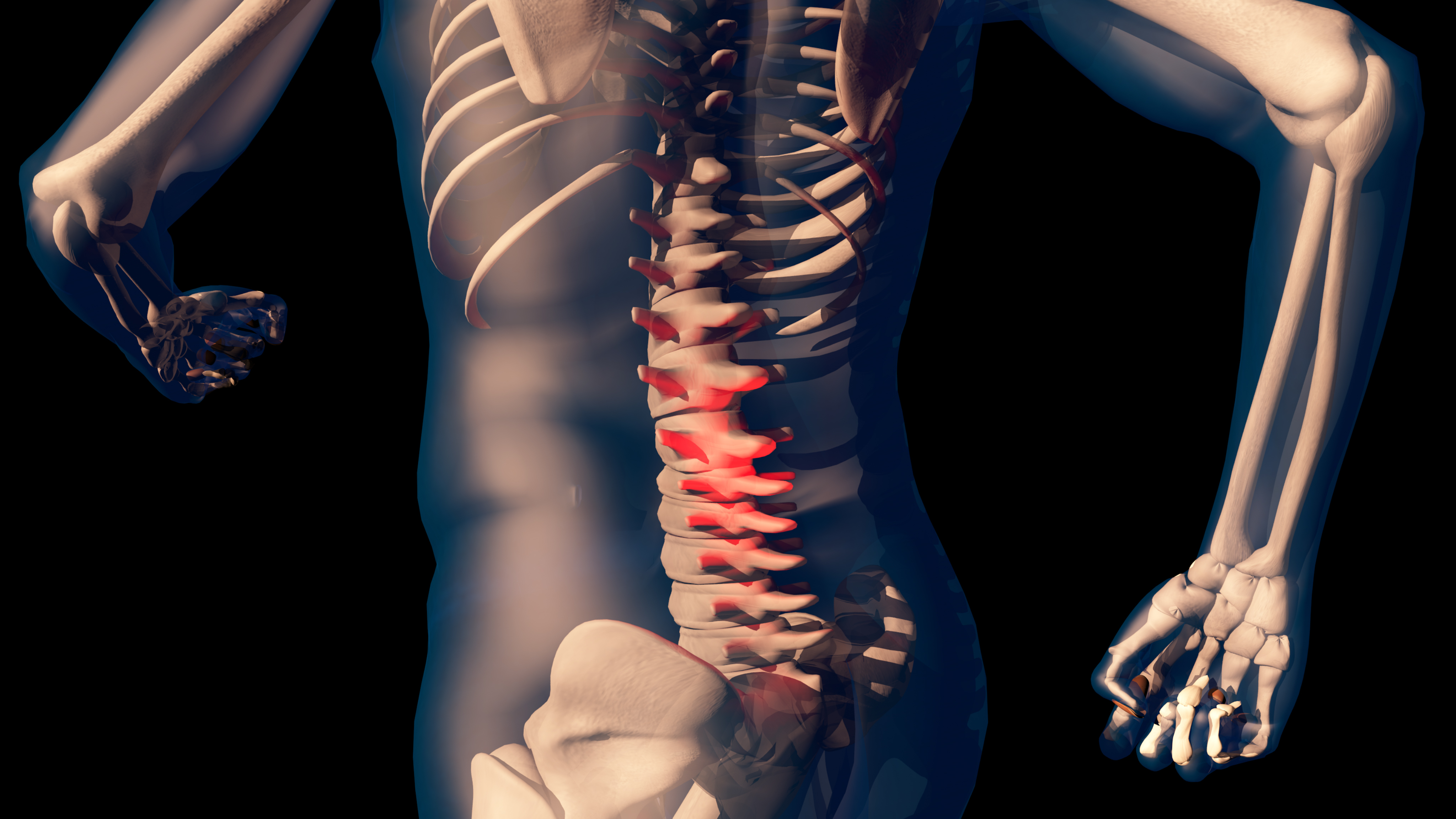What is Frozen Shoulder?
Frozen shoulder is an injury that affects the shoulder joint, causing pain and stiffness that can develop slowly then suddenly go away. There are three bones in your shoulder, the humerus (upper arm), scapula (shoulder blade), and collarbone (clavicle), along with surrounding tissues that form a ball-and-socket joint known as the shoulder capsule. Frozen shoulder refers to the capsule becoming hard to move (frozen) due to the amount of thickness and tightness in the surrounding area. Our joints rely on synovial fluid, which is a liquid that lubricates our joints. When a shoulder becomes still from bands of scar tissue forming, there is less synovial fluid being used.
Symptoms
Frozen shoulder usually develops gradually, and in three stages. Each stage can last a few months. These three stages include:
- Freezing stage. Pain occurs within every movement of your shoulder. This causes the range of motion in your shoulder to become restricted.
- Frozen stage. Pain isn’t as severe in this stage, and sometimes isn’t present at all. However, your shoulder will start to feel thick, making it difficult to move.
- Thawing stage. The movement in your shoulder will start to improve, then finally go away.

For some people, pain can be more severe at night making it hard to fall asleep or stay asleep.
Causes & Risk Factors
It’s unclear why some people develop this condition, but some groups of people are more at risk. Frozen shoulder occurs most commonly in women, however it isn’t unusual for it to also develop in men. Reports show that people who are between the ages of 40 and 60 tend to be more at risk. After having it once, your risk for getting it again becomes greater. Some common risk factors that could increase your chances of having frozen shoulder are:
- Age and sex
- Current immobility or reduced mobility
- Rotator cuff injury, broken arm, recovery from surgery
- History of stroke
- Certain diseases such as diabetes, hyperthyroidism, hypothyroidism, cardiovascular disease, tuberculosis, Parkinson’s disease, and more.
Prevention
Depending on your lifestyle, frozen shoulder may almost be inevitable, however there are a few ways to help prevent it. Gentle exercises, stretches, and using your shoulder more after an injury or surgery can help maintain its range of motion. There isn’t enough research for doctors to know for sure what causes some cases, but most patients report to have effective results with prevention. The key is to be patient with your injury, and always follow the advice of your healthcare profession. This is a condition that almost always gets better over time.
Feeling Pain in Your Shoulder? We Can Help.
Treatment
Frozen shoulder can be left untreated and will eventually heal itself, but there are ways to help it heal faster. Treatment will aim to improve range of motion and diminish any pain the patient may suffer from. A combination of the following can aid in a quicker recovery:
- Physical therapy
- Chiropractic care
- Massage therapy
- Medication
- Surgery
Although these are all popular ways to treat frozen shoulder, your doctor will be able to recommend the best means of treatment for your unique needs.
Can a chiropractor help a frozen shoulder?
Whether a patient is in the freezing, frozen, or thawing stage of frozen shoulder, seeing a chiropractor can be very beneficial. First through a physical exam, they will be able to assess the motion of the arm. Next, the chiropractor can begin to restore the motion to the shoulder by slowly working on the upper back, neck, and shoulder itself. This will help relieve pain, increase mobility and can even promote healing faster.
Chiropractic Medicine Articles
Chiropractic Adjustment vs Spinal Decompression
When booking an appointment with your chiropractor, it can [...]
Chiropractic Care for Chronic Migraine Headaches
It’s happened again. You’ve woken up with chronic migraine and [...]
4 Things Chiropractic Care Can Heal
Chiropractic care can help whether you are struggling with a [...]
The Purpose of Acute and Chronic Pain
All pain can feel the same when it is being [...]




